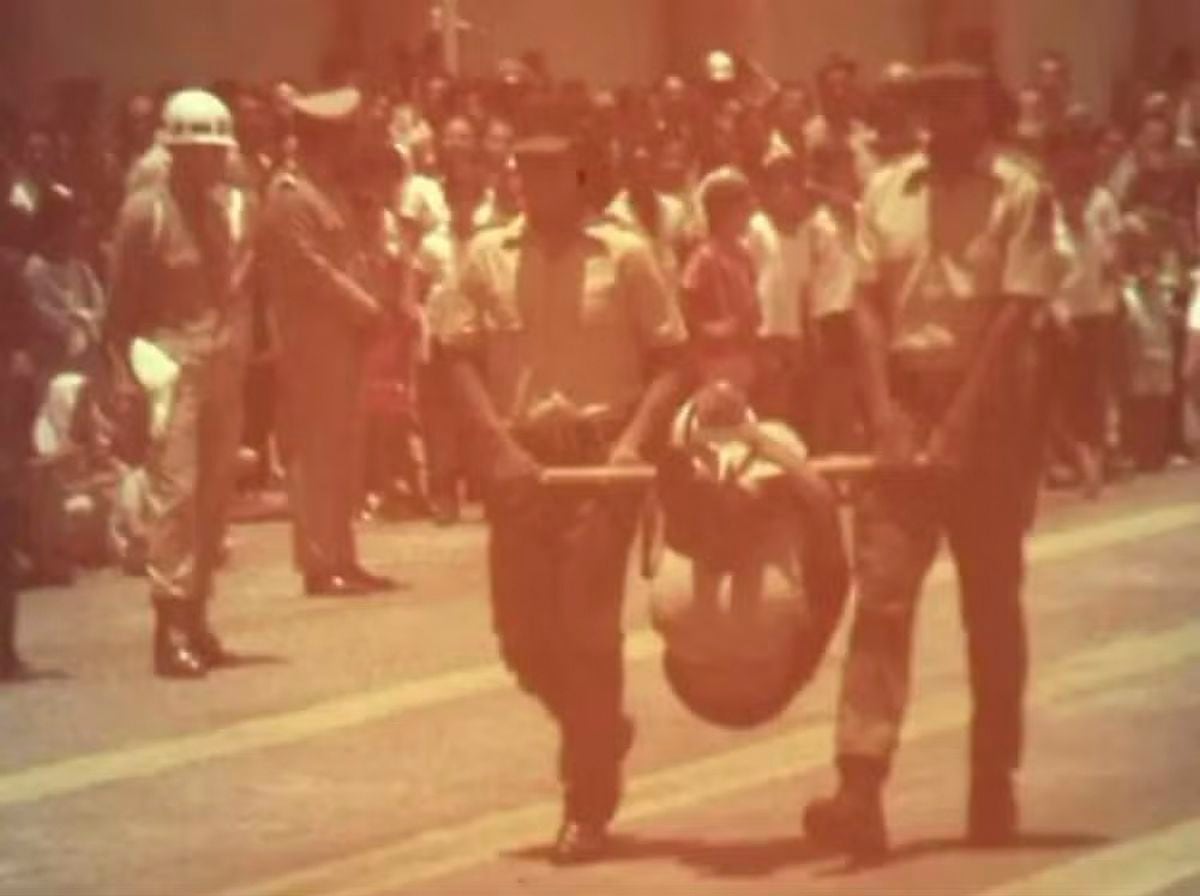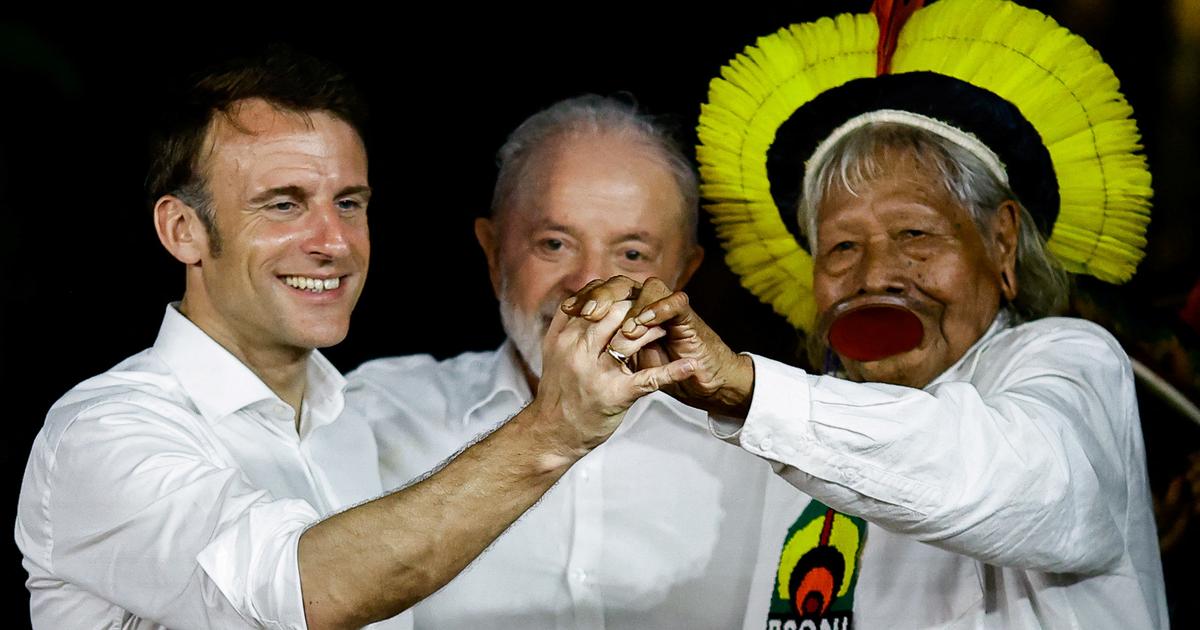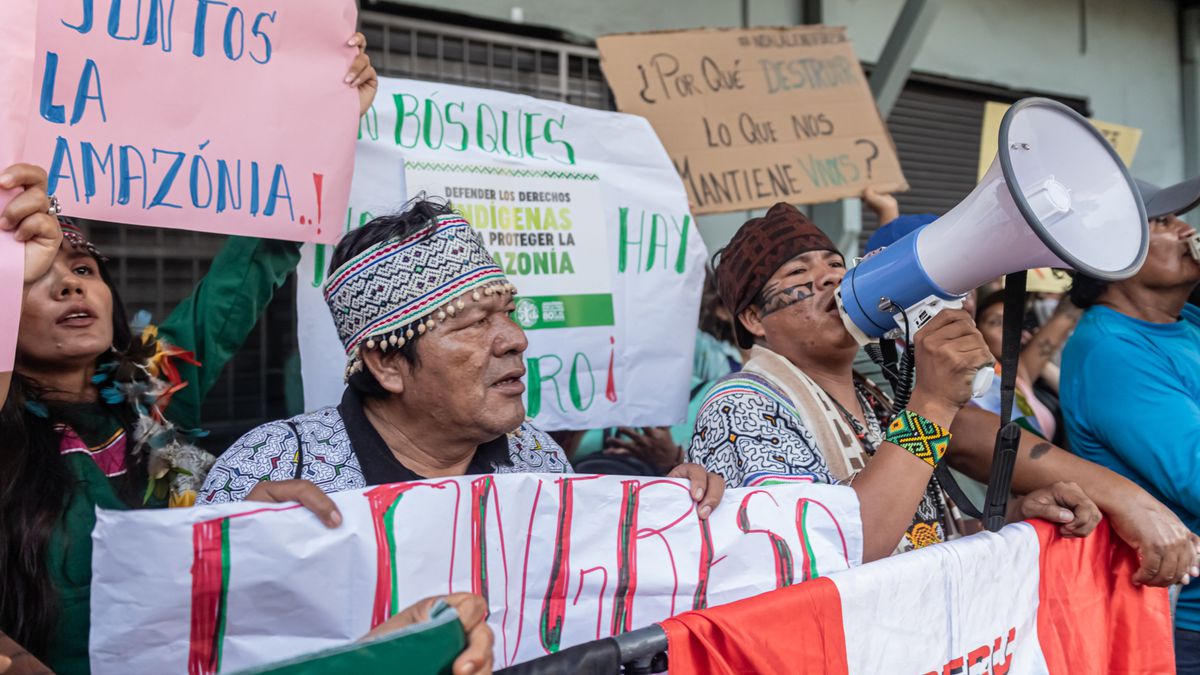Four years and two months, a total of 1,520 days locked up in a prison that does not even remotely meet minimum conditions.
Day after day of confinement, aware that the only objective of the courts has been to silence him.
However, the Guatemalan Bernardo Caal Xol has not stopped for a moment denouncing the plundering of the water from his Mayan town.
The indigenous leader of the Q'eqchí people has just been released from a prison in Cobán (Alta Verapaz) after four years.
He has served half of a sentence of seven years and four months in prison that was handed down on evidence so flimsy that his trial was publicly denounced for its irregularities by a UN Human Rights Council working group.
Now his departure is due to a reduction in the sentence required by law, not because it has been invalidated.
A teacher by profession and an activist against hydroelectric power plants by vocation, his name has come out of the four walls where he was locked up to reach the world's major media, from the
BBC
to
The Washington Post
, among others.
Caal accuses the judicial system in Guatemala of being “corrupt”, since he denounces that he is too close to political and business power.
Caal had sued the Oxec hydroelectric plant (in Alta Verapaz) for its plans to exploit the river of the same name, which is a tributary of the Cahabón, with which he managed to stop the projected work there for a time.
Later, he also publicly opposed the largest hydroelectric project in Guatemala, the Renace hydroelectric plant, next to a section of the Cahabón River where approximately 30,000 people live.
The work had been entrusted to the Spanish Grupo Cobra.
The environmental activist Bernardo Caal, in 2018, when he was sentenced to seven years in prison.
Rosa M. Tristan
After a campaign of harassment and demolition in social networks and the media, the criminalization came, denounce his lawyers.
In January 2018, the indigenous leader was arrested, accused of stealing material and retaining several workers from a subsidiary company of Oxec, events that had occurred three years earlier.
The accusation was based on the testimonies of those workers and, finally, Bernardo Caal was sentenced at the end of 2018 to seven years and four months in prison.
No resource achieved his release in these years.
Up to 69 magistrates passed on the resources raised by their defense, without success and despite the growing support of international organizations, from large NGOs such as Amnesty International or Greenpeace, to the United Nations: the UN special rapporteur on the rights of indigenous peoples expressed concern about his conviction after visiting him in prison.
In the four years and two months that he has spent in prison, the activist's family has collected recognition in Europe and his lawyers have battled to invalidate a sentence that is now pending an appeal before the Guatemalan Constitutional Court.
As soon as he left, Caal headed towards his town, in the community of Santa María de Cahabón, accompanied by his family.
Along the way he stopped to greet those who inhabit the banks of the
homonymous river, human settlement since ancient times and of great environmental value.
One of the 15 most beautiful rivers in the world, according to CNN in 2013. Today, the Q'eqchí leader continues to denounce that its waters have been "kidnapped" by the two hydroelectric plants to produce electricity that does not stay in the territory where it is produced, precisely in one of the poorest areas of the country.
I want to make known my experience of criminalization in the communities, so that it is known how this Government works and denounce the abuses of human rights
Caal answers, now from his freedom, by phone.
A dark, raspy cough interrupts her responses from time to time...
Question:
How are you?
Answer:
Very happy, but I am still adapting to so much space in freedom.
The four years were long.
I am awaiting a medical and psychological check-up to deal with the impacts I have suffered.
Fortunately, I received messages that many people asked for my freedom.
What they have done to me is to criminalize me, which is the way the State of Guatemala acts to persecute the native peoples of my country.
They accused me of stealing some construction materials.
Let's see: why would I steal some cables, if I'm a teacher?
It is totally absurd.
During this time I was informed, through the visits, of what was happening outside, of the national mobilizations and outside the country.
I answered with handwritten letters that were made public.
Now I have to overcome the physical and psychological consequences, because there are.
The best thing since I left has been the reception in the Q'eqchí communities that I visited on the way from Cobán to my community.
Q:
What are the conditions like in the jail?
A:
Actually, they have kept me for more than four years in a preventive prison, which is for when there is no conviction and, therefore, without space and without resources of any kind.
I shared my cell with 150 other people, overcrowded.
As the pandemic began, for eight months they kept us locked up, without even going out to the patio to take a walk or see the sun.
It was very hard.
No visitors were received either.
In fact, there were no more until my departure.
In a non-pretrial prison, he would have had more space.
But it was an overcrowded, unhealthy place, with terrible conditions to make people suffer.
In addition, he had to live with criminals who had indeed committed crimes.
Q:
What did you feel when you left?
A:
Joy and great emotion, but I do not forget that I did not leave because the State of Guatemala rectified and recognized my innocence, but because the law requires the reduction of the sentence.
I am still waiting for the appeal that my lawyers filed with the Constitutional Court and, if it is rejected, we will go to the Inter-American Court and other international bodies.
Q:
Were there other human rights defenders with you in prison?
A:
Yes, there were five others where I was, in Cobán.
They were also accused of false crimes for defending their territories.
They prefer to remain anonymous, but they are there and they asked me to also fight for their freedom.
Q:
How was the Cahabón River found?
A:
With the seven hydroelectric plants –four phases of Renace and two of Oxec– operating.
And there are more in other rivers in my country, all granted in a corrupt manner and without consulting indigenous peoples, as established by ILO Convention 169.
On the Oxec River, the company paid 11 communities to obtain their permit, which is another way of corrupting.
In four years, nothing has changed for the better, if anything for the worse, because the independent judges have left the country.
It seems that the State is no longer concerned about its international image, after the expulsion of the International Commission Against Impunity in Guatemala in 2019. And then there is the responsibility of the companies, some foreign and very powerful, such as the Spanish ACS, who do business in this corrupt environment.
Q:
What plans do you have?
A:
I can no longer continue as a teacher, but I can fight for the rights of my Q'qechí people.
Now, I will rest with my family for a while and I will recover physically, but then I want to make my experience of criminalization known in the communities, let people know how this government works and denounce the abuses of human rights.
It fills me with energy to see so much injustice and also to think of the comrades who are still imprisoned with sentences of up to 30 years.
I can't keep quiet.
And I want to take this opportunity to thank everyone who has supported me, who signed for my freedom, who mobilized and did not forget that I was in prison, who shared my handwritten letters.
They have all accompanied me a lot in those years.
Thanks.
Bernardo Caal with his two daughters after leaving prison.
You can follow PLANETA FUTURO on
,
and
, and subscribe
to our 'newsletter'
here
.

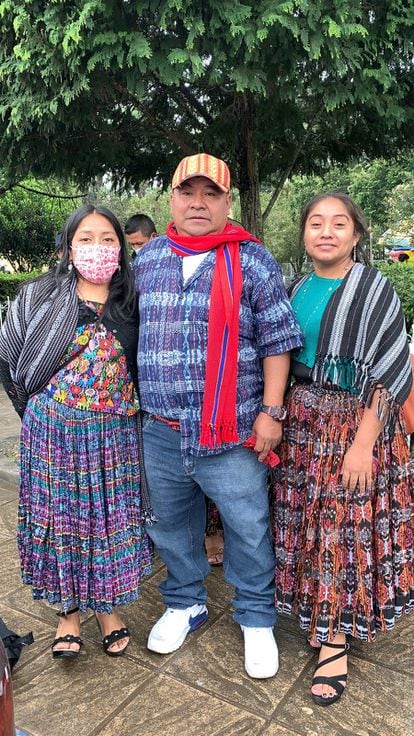

/cloudfront-eu-central-1.images.arcpublishing.com/prisa/MG6G7DJUBNBLRNE2DSTK4WZYTY.jpg)
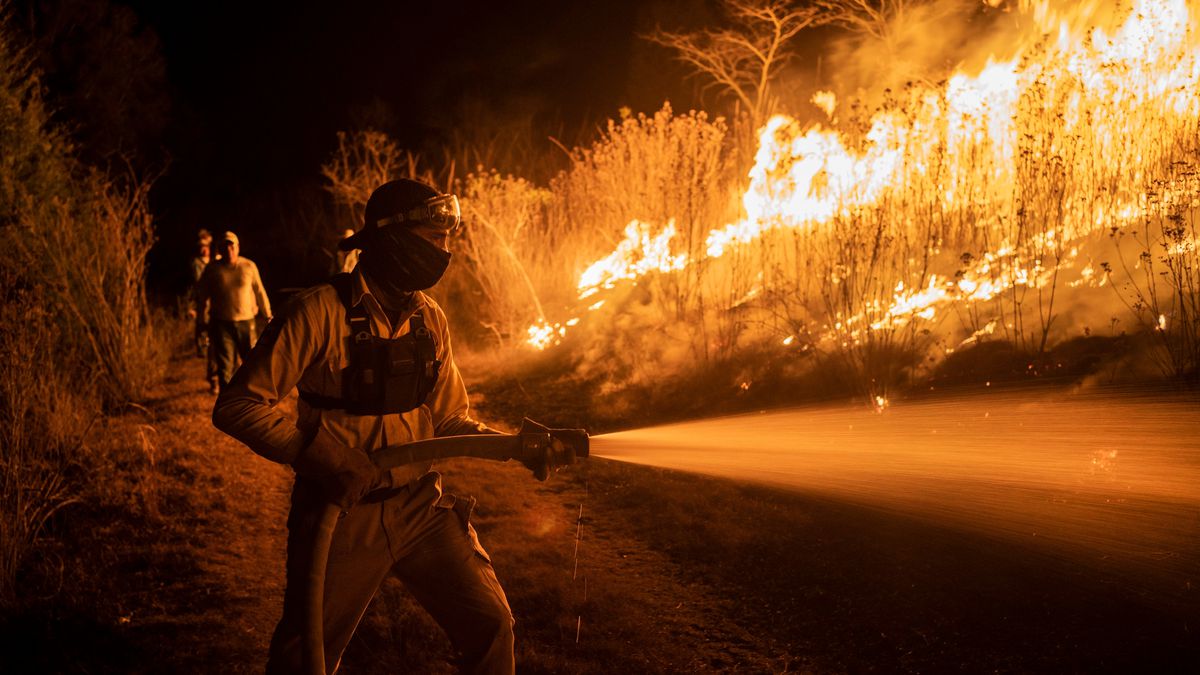
/cloudfront-eu-central-1.images.arcpublishing.com/prisa/EMYXC3EVHNEG3OJHGIQCB2IVYA.jpg)
/cloudfront-eu-central-1.images.arcpublishing.com/prisa/ZP4NWHUN7JACK2UZSAHGHFED3E.jpg)
